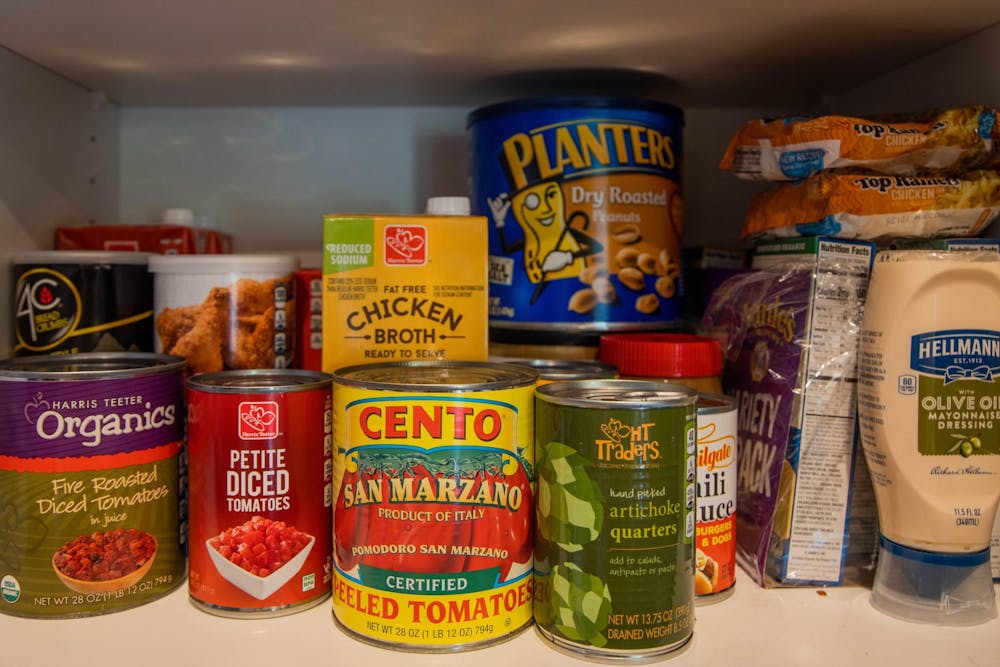Over the past two years, North Carolina saw a 21 percent increase in participation in the federal Women, Infants and Children program, according to an October study by the Food Research & Action Center. The state had the largest increase in participation in the country.
The WIC program provides nutrition, breastfeeding and food information resources to pregnant women and mothers with young children, according to the North Carolina Department of Health and Human Services.
The FRAC study looked at data from February 2020 to February 2022.
She added that before the COVID-19 pandemic, participation among children was low because they wouldn’t come in person to get nutrition education and food benefit issuance. Health’s Nutrition Services Branch and the director of the state WIC program, explained.
Due to the COVID-19 pandemic, people have been allowed to enroll and re-enroll in WIC without going to a WIC clinic in person.
Since June 2021, the program has received increased benefits that allow participants to buy fresh produce.
“I think many of the flexibilities that we've taken advantage of that the USDA has offered throughout the pandemic has really helped us bring WIC to North Carolina in a more modern way,” Burghardt said.
She added that, before the COVID-19 pandemic, participation among children was low because they wouldn’t come in person to get nutrition education and food benefit issuance.
According to the NCDHHS, a person wishing to participate in the WIC program must live in North Carolina, meet the income eligibility requirements and be considered at nutritional risk. The two main kinds of nutritional risks considered in WIC eligibility are medically-based risks — such as anemia, being underweight, a history of pregnancy complications, etc. — and diet-based risks caused by an inadequate dietary pattern.



